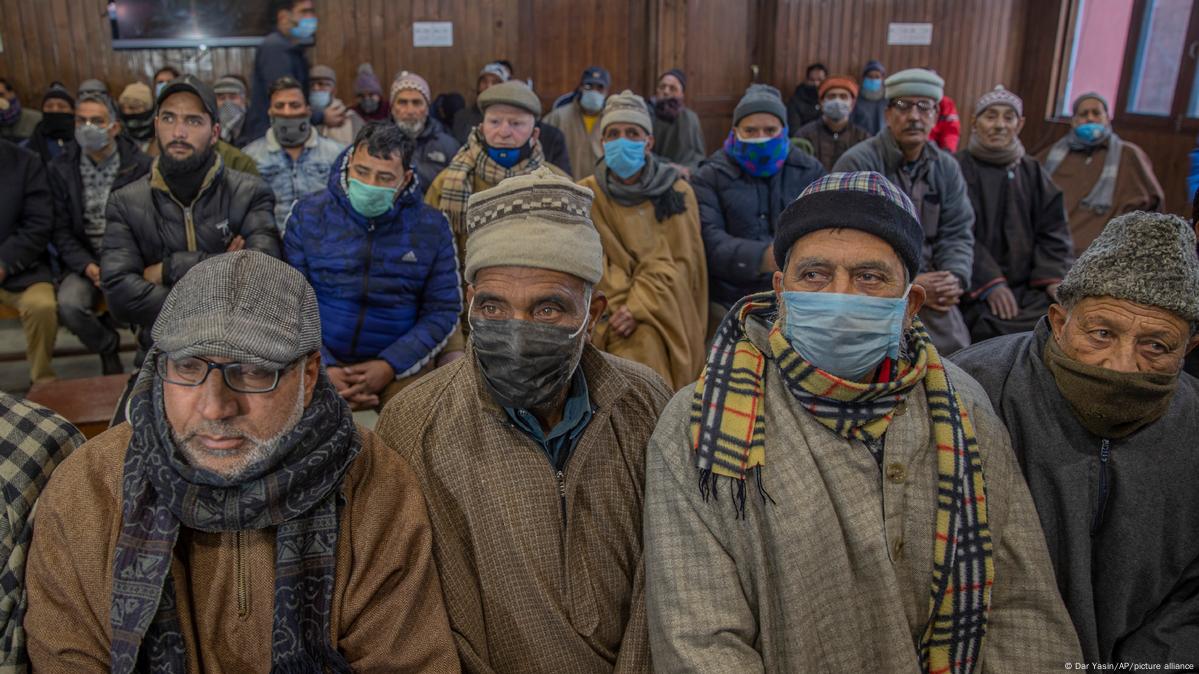NEW DELHI: India, the world’s largest democracy, continues to showcase the strength of its democratic process through elections. Nowhere is this more evident than in Jammu and Kashmir, where the recent elections have drawn global attention. These elections have reinforced India’s reputation on the international stage, emphasizing the robustness of its democratic foundations. Voters in the region have largely endorsed Prime Minister Narendra Modi’s decisions, including the abrogation of Article 370, which revoked Jammu and Kashmir’s special status, signalling a rejection of the opposition’s stance.
The first phase of voting, particularly in the valley, saw a strong turnout, demonstrating the thriving state of Indian democracy. This has sent a clear message to Pakistan, heightening concerns over its control of Pakistan-occupied Kashmir (POK). The call for POK to join India is expected to gain momentum, and this could influence future decisions by the Indian government regarding the region. Both Union Home Minister Amit Shah and Defense Minister Rajnath Singh have reiterated their intent to reclaim POK, with Shah stating during the repeal of Article 370 that efforts would be made to bring POK back under Indian control. Regardless of the election’s outcome, the Modi government is likely to see this as a victory, bolstering its resolve on the POK issue.
Meanwhile, the opposition, including the Congress party, has been reluctant to openly support the Modi government’s actions in Kashmir. Their focus on securing Muslim voter support has often shaped their political stance. Opposition leaders had warned of unrest and violence if Article 370 was revoked, but since its repeal on August 5, 2019, Kashmir has remained peaceful, and the opposition’s predictions have not materialized. Despite the Modi government’s efforts to unify the country, a coalition government emerged after the last Lok Sabha elections, in part because some voters, influenced by caste politics, did not fully support the BJP.
Though Congress generally distances itself from caste politics, it has occasionally used the caste card to gain power, particularly in states like Haryana. Party strategists appear to believe that dividing Hindus along caste lines could weaken the BJP’s nationalist appeal. However, this strategy risks benefitting regional parties that are traditionally based on caste identities, rather than Congress itself.
Despite setbacks to Congress’s caste-based approach, particularly after Rahul Gandhi’s controversial comments in the U.S., the party continues to push this narrative. However, experts predict that the election results in Jammu and Kashmir will send a strong signal against caste politics, with a growing emphasis on nationalism and unity. The voter turnout in the first phase was about 61%, with some seats in the valley seeing participation as high as 70 to 80%—the highest in decades. This turnout is expected to increase in the subsequent phases.
The elections, held across 24 of Jammu and Kashmir’s 90 assembly seats, have seen a resounding response, with voting for the remaining 66 seats scheduled for September 25 and October 1. The Lok Sabha elections already hinted at a democratic triumph in Kashmir, and this seems to be taking shape. These elections, held after a decade, also signify a diminishing threat of terrorism in the valley, with Kashmiri voters no longer living in fear.
When Amit Shah announced the abolition of Article 370 during the 2019 monsoon session, the opposition offered little support. Parties like the National Conference, which opposed the removal of 370, are now contesting the elections, campaigning for its reinstatement. Congress’s alliance with the National Conference, despite the improbability of Article 370’s return, signals a willingness to align with those advocating for its restoration.
Experts suggest that long-standing political dynasties in Kashmir, such as the National Conference and the PDP, could face significant challenges in these elections, particularly after their poor performance in the Lok Sabha polls. The people of Kashmir are expected to make their voices heard, potentially reshaping the political landscape and signaling the growing influence of national unity over regional political factions.

